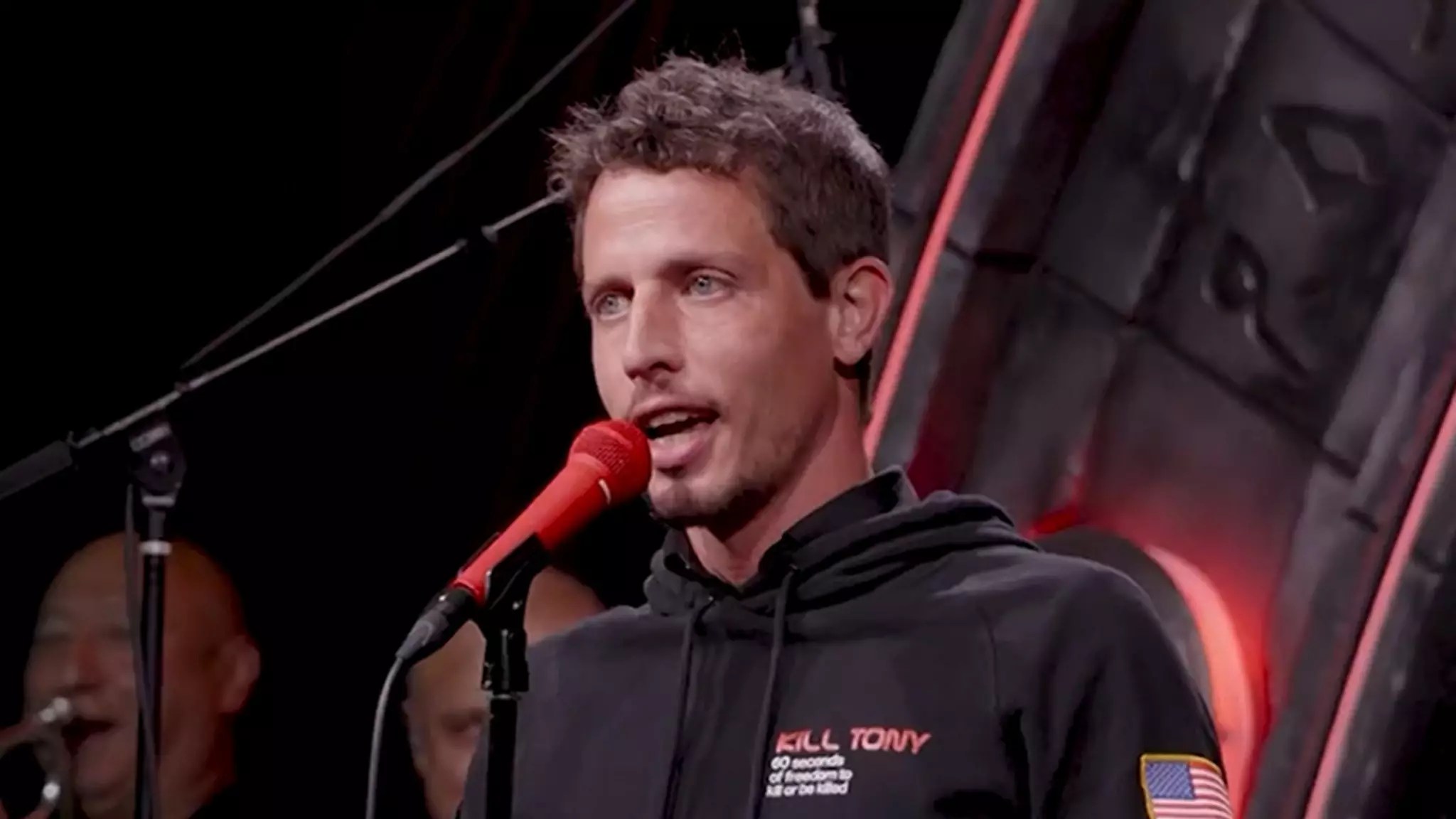On October 27, at a Donald Trump rally held in Madison Square Garden, comedian Tony Hinchcliffe delivered a joke that incited a firestorm of criticism. His attempt at humor about Puerto Rico contained a line that equated the Caribbean territory with a “floating island of garbage,” and within moments, social media erupted. The backlash was swift, led by politicians, media commentators, and even factions within Trump’s own campaign, all decrying the remark as painfully inappropriate. This incident not only exposes the fine line comedians walk but also raises questions about the responsibility that comes with humor, especially within politically charged environments.
Reflections and Reactions
Following the uproar, Hinchcliffe addressed the situation during a live episode of his podcast “Kill Tony,” expressing a duality that is often present in the world of stand-up comedy. While he professed his love for Puerto Ricans, highlighting their intelligence and resilience, the sincerity of his claim was undermined by his casual dismissal of accountability. His assertion, “I apologize to absolutely nobody,” reflects a prevailing attitude among some comedians that refuses to acknowledge the evolving landscape of social awareness. This defiance may resonate with certain audience segments who appreciate edgy humor, but it risks alienating others and perpetuating harmful stereotypes.
Comedy, particularly at political rallies, can serve as a form of commentary or critique. However, as Hinchcliffe’s recent experience illustrates, comedians have significant influence, and their words can have real consequences. In an era where political sensitivities are heightened, Hinchcliffe’s comments not only jeopardize his standing within diverse communities but also threaten to undermine outreach efforts aimed at Hispanic voters, a crucial demographic for many politicians. This incident serves as a reminder of the potential ramifications that come with cross-cultural jokes.
Hinchcliffe’s Response: Defiance or Ignorance?
Even as he delivered a tongue-in-cheek acknowledgment that his joke may not have been optimal for the venue or occasion, Hinchcliffe’s resolution to double down on his stance raises critical questions about accountability in comedy. His cavalier approach to the backlash—coupled with his remarks about political usage of ethnic groups—could suggest a lack of understanding about the broader implications of his humor. The comedian’s assertion that he may continue to perform for Trump further complicates his narrative, raising concerns about his commitment to sensitivity versus the lure of performance.
This incident invites a broader discourse on the ethics of humor in today’s culturally dynamic and politically divisive climate. Comedians often push boundaries to provoke thought and elicit laughter, yet they must continually assess the repercussions their words might have on marginalized groups. Hinchcliffe’s situation underscores a pivotal moment for comedians: the necessity to engage thoughtfully with their material while navigating the complexities of societal sentiments.
Whether Hinchcliffe’s humor will endure or serve as a cautionary tale remains to be seen. However, the ongoing discourse surrounding his actions provides a valuable opportunity for comedians to reflect on how their art intersects with the realities of our time. Ultimately, the challenge lies in balancing humor with sensitivity, ensuring punchlines don’t come at the expense of those already marginalized.


Leave a Reply